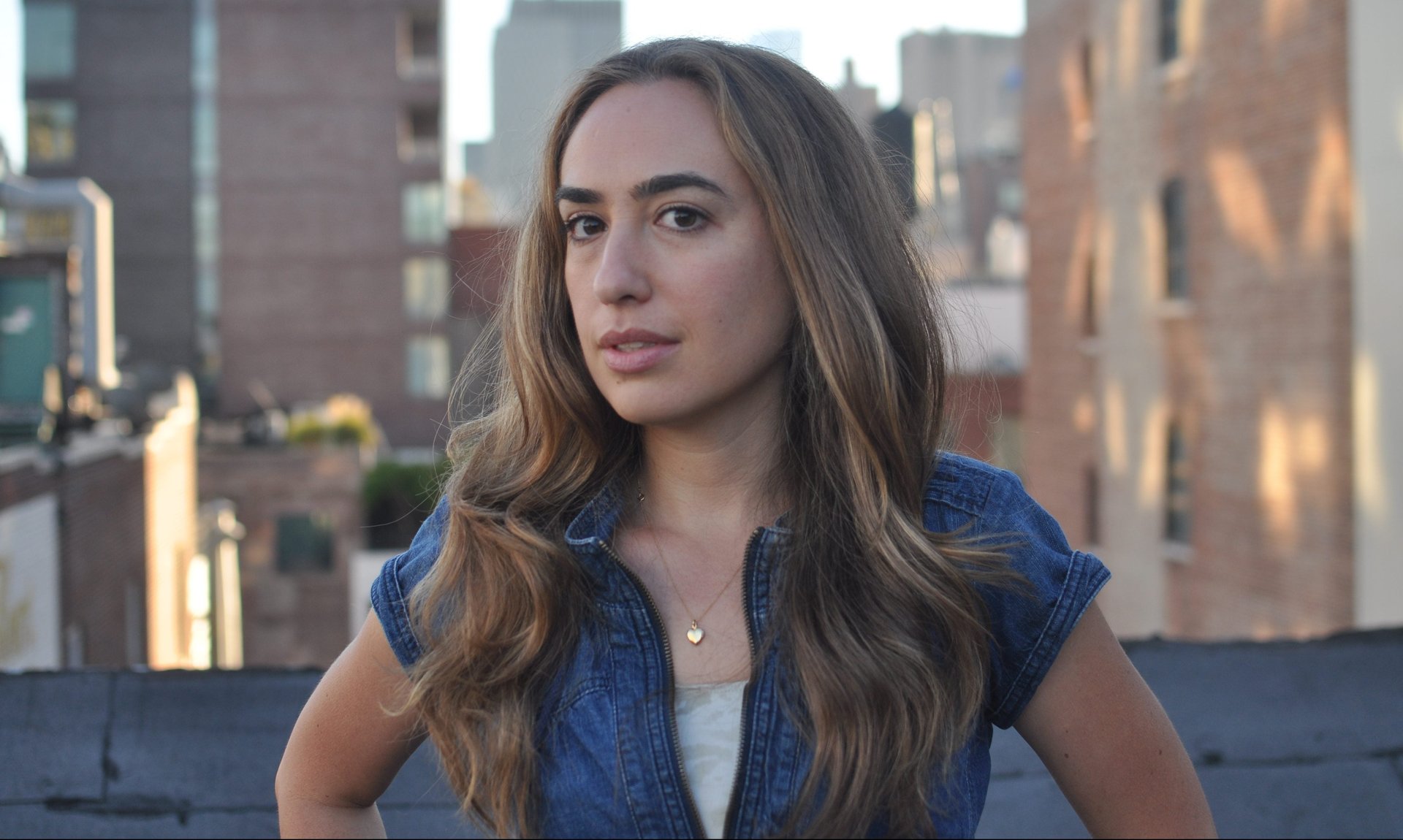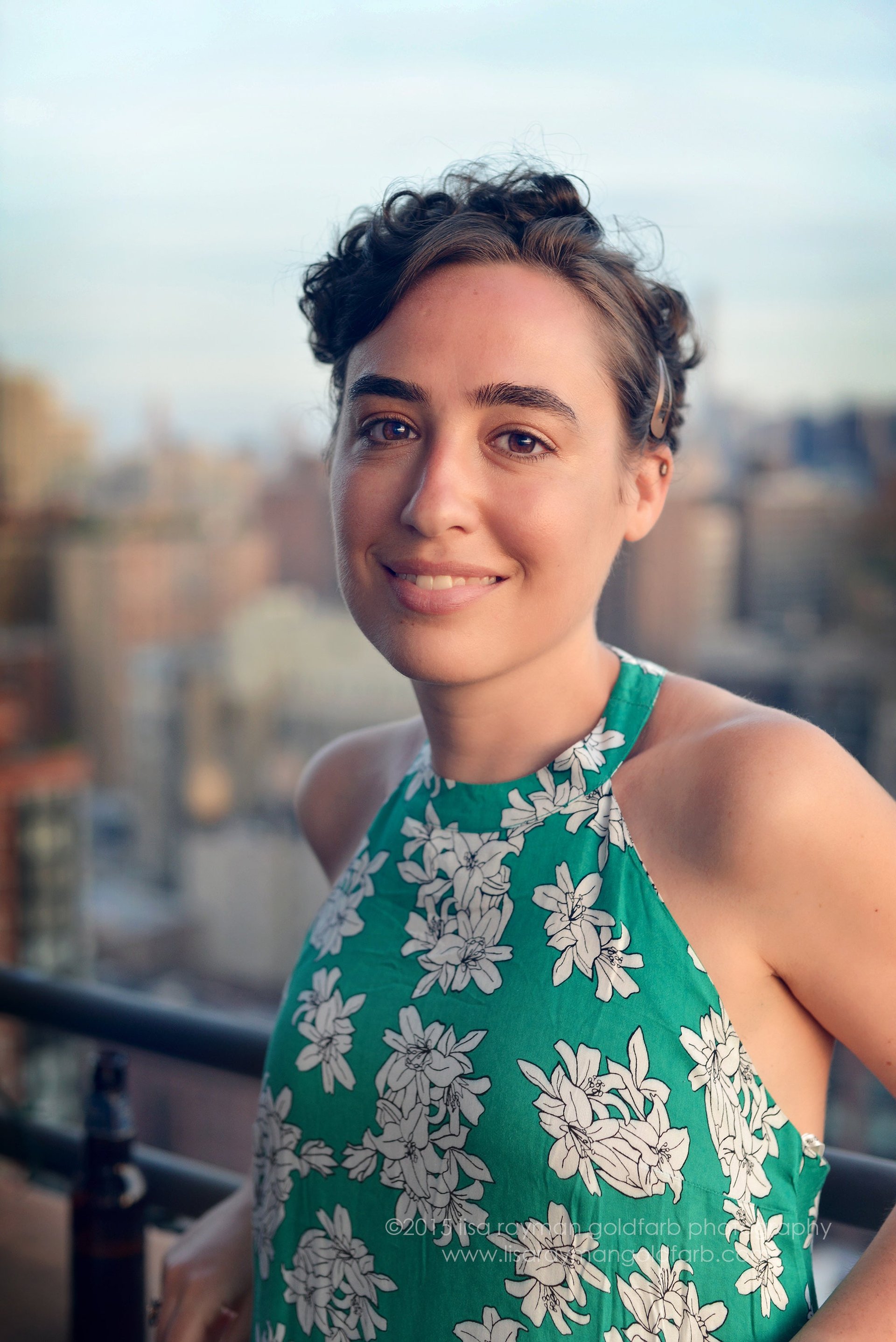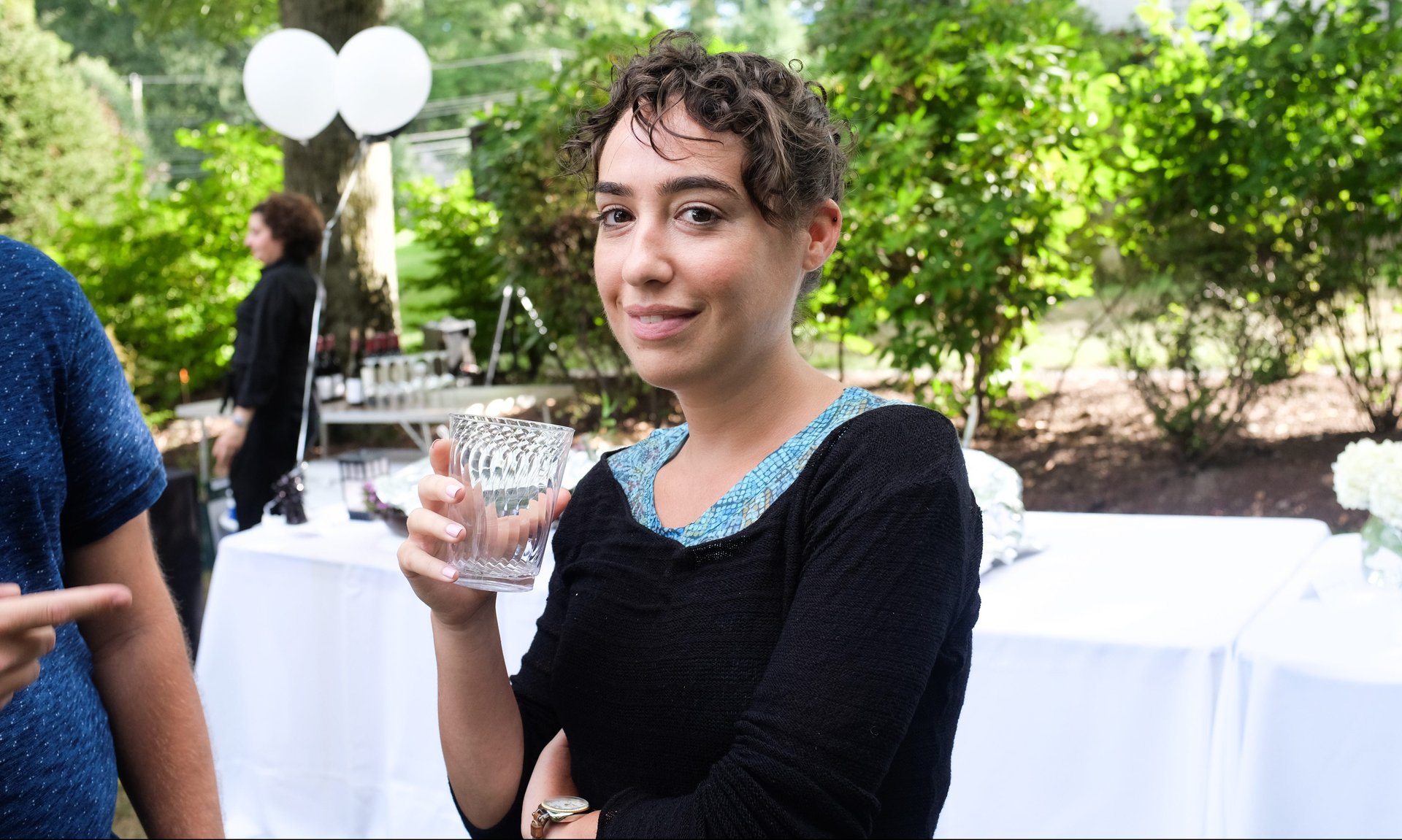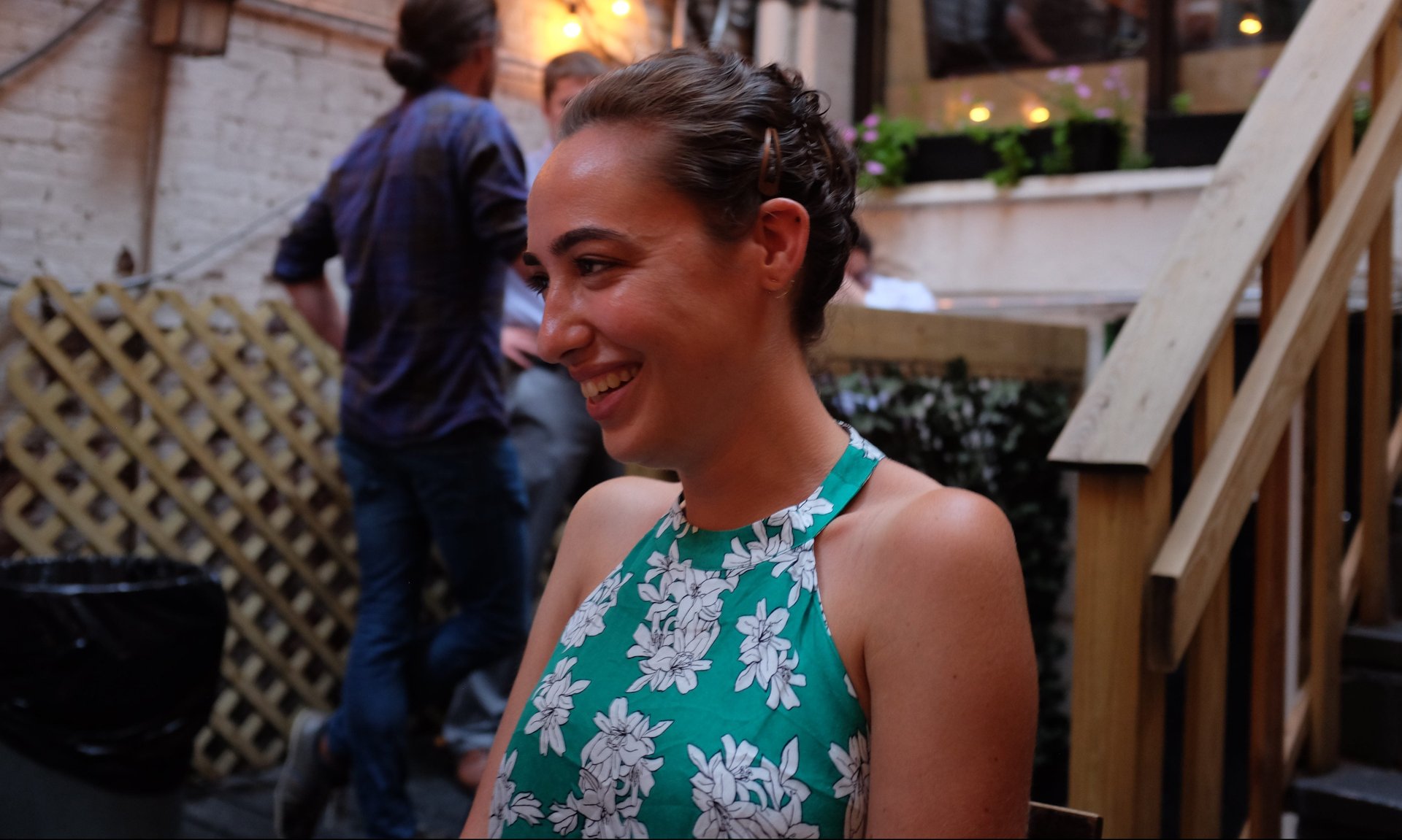Remembering Lauren Brown, our colleague, mentor, and friend
There’s nothing in the world like Lauren Alix Brown’s excitement for a new idea, a project, a partnership, a person. She would scrunch her neck a bit and lower her voice conspiratorially and say something like “I just heard about the most interesting thing….” or “I just talked to the most amazing writer…”


There’s nothing in the world like Lauren Alix Brown’s excitement for a new idea, a project, a partnership, a person. She would scrunch her neck a bit and lower her voice conspiratorially and say something like “I just heard about the most interesting thing….” or “I just talked to the most amazing writer…”
Her enthusiasm had its own momentum that was joyous in its deep appreciation of the world and the people around us. And it always came with high standards and unfailing assessments—the ideas and people she thought of as great are reliably that.
Lauren joined Quartz in August 2012 as part of its founding team, and shaped the culture and editorial approach of our organization as much as any of us. We’re deeply saddened by her passing this week at the age of 37.
Lauren was a thoughtful and influential practitioner in this decisive era for digital media. She championed writing from underrepresented racial and ethnic groups, and advanced an organizational and editorial commitment to gender equality. She mentored most of the young journalists who came through Quartz, and many of the veterans as well.

As director of special projects, she oversaw some of Quartz’s most ambitious journalism, and initiatives including a print book, unique events, and a podcasting co-production. (You can see Lauren and hear her briefly explain her role here.) Earlier, Lauren was Quartz’s deputy Ideas editor, commissioning work from outside contributors around the world.
Many new people at Quartz found Lauren intimidating when they first met her. She was focused and intense, and would freely let them know of her high standards. Then, not long after, she would invite them to lunch, or send them a message complimenting their work, or offer her help—and they realized she was on their side the whole time.
“She pushed me insanely hard with edits, and fought to get me hired as a full-time reporter,” recalls Quartz health reporter Katherine Foley, who started working with Lauren as an intern while still in school. “When I confided in her that I didn’t think I’d ever be a good writer because it’s a constant struggle, she told me that struggling is okay, and means that you’re improving. That affirmation sticks with me daily.”
“Once in the middle of a high-tension meeting she Slacked me, ‘I see you,’” recalls Eva Scazzero, a Quartz product manager. “That vote of confidence made a difference.”
It was no surprise to any of us that Lauren was the person most requested by other staff to be matched with as their mentor in Quartz’s mentorship program.
Lauren excelled at giving other people space to tell their stories. She worked with writers from every walk of life, talking them through pieces on topics as wide-ranging as Japanese monetary policy, same-sex marriage, the fine-art economy, Nelson Mandela’s legacy, and why mainstream American companies lose talented black workers. She shaped the work of important journalists and expert contributors such as Glenn Kelman, Miles Kimball, Lily Kuo, Joonji Mdyogolo, Annalisa Merelli, Corinne Purtill, and Scott Smith.
As CNN’s Mitra Kalita, the Quartz co-founder who hired Lauren to work with her on the Ideas desk, recounts, Lauren identified how the digital forces wracking traditional journalism could be harnessed to expose readers to people whose voices were traditionally overlooked. In her 2012 memo applying for the job at Quartz, Lauren wrote: “People don’t necessarily care where a story comes from or often who is writing it—they just want to read something interesting. This affords us a great opportunity to tap into new voices and unlikely experts; people on the ground around the world who are witnessing firsthand the forces behind macro-economic changes.”
Lauren’s own practice of digital journalism, as an editor and writer herself, was ahead of its time, and has been deeply influential. (You can watch her and former Quartz colleague Caitlin Hu talk about Quartz and our book project at a conference in Almaty, Kazakhstan, last year.)
“She showed me that journalism can be creative and quirky, while also high-integrity and high quality. She was professional but also whimsical,” says senior reporter Jenny Anderson. “She was a gem of a person.”

Lauren’s own story involved a diagnosis of cancer in 2014. She regularly wrote about her experience, and developments in the treatment of cancer and of hospital patients. She headlined one 2016 post “11 things not to say to women who’ve had breast cancer.”
Writing in 2015 about why she rejected the language of battle commonly used around the fight against cancer, Lauren wrote: “My life is no more of a struggle than anyone else’s. In one form or another, we’re all trying to survive until that’s no longer an option. Facing that reality requires as much bravery as it takes, every day, to endure the constellation of tragedies that make up a life.”
Numerous friends found that Lauren quietly observed others’ struggles and sought them out when they were at low points personally or professionally. One Quartz colleague, user advocate Feli Sanchez, says she was “feeling blue and lost in New York” when Lauren adopted her. “She made me get out of bed to go to the beach with her, she took me to random people’s rooftops to see sunsets, she made me go to this crazy dance party with her on a Sunday afternoon. She introduced me to her friends. She tried to convince me to go to Mexico with her.”
Lauren wrote about the impact of the language we use. Her post on how thanking someone for their “help” in the workplace often undermines women was sharp and convincing. Lauren was central in realizing Quartz’s important multi-year How We’ll Win project on the fight for gender equality. As part of this, she moderated a memorable event about the role men play in that fight. It was one of the best conversations I’d ever heard on the topic, as Lauren had perfectly cast the participants in the discussion and deftly led them through the issues.
“It has meant so much to me to have such a confident, determined woman as a leader here,” says Quartz reporter Olivia Goldhill. “She showed it was ok to be weird and opinionated and vulnerable in the workplace.”

As editor of Quartz, I often found Lauren pushing me. She convinced me to create an entrepreneur-in-residence program, through her infectious enthusiasm for the broad range of people whom she wanted to bring into our work lives. She insisted we, a digitally native media startup, produce a custom book, on our own, and take responsibility for practically everything but sourcing the paper. She could be impatient. Lauren didn’t mince words in telling me in a room full of colleagues that I was doing something wrong. It was vital feedback.
She also thoughtfully reached out with empathy when she sensed things weren’t easy. I recently received a message from Lauren that began with five sparkly heart emojis. “Proud of you,” Lauren wrote. “You’re such a special person in my life and will always be.”
Quartz’s staff has an extensive collection of animated gifs of bunnies thanks to Lauren. She regularly shared photos of her cherished nephew and niece in Cleveland. Her Twitter commentary was often the profound disguised as the mundane. And she sometimes upbraided colleagues for not keeping up with the Bachelor TV show so she could compare thoughts with them.
This July, as she was wrestling with the cancer wracking her body, Lauren messaged me to share what was on her mind: “I want to make another book.” I asked whether she had a specific idea. “I would like to do one that is really nerdy in the vein of science, like weather or some aspect of climate change or the sea,” Lauren replied.

Lauren in 2015 wrote that her illness had brought things into sharp focus for her: “The experience taught me that, despite all of the circumstances in life we can’t control, ‘happiness’ is one thing you can. Happiness is not a feeling, but an orientation. It is an active approach to life, in a million small ways, that insists on persevering through shitty circumstances. Sure, this approach means that much of the time, you’re faking happiness before you feel it. But that’s when it’s most important.”
Lauren shaped so many of us, and left us with so much to carry on.
If you’d like to share your own remembrances of Lauren with her family and colleagues, please email us at [email protected]. If you’d like to contribute to the Lauren Brown Fellowship, which funds projects by women who are early in their careers as journalists, you can find more details here. You can also make a donation to the fellowship by going directly to the International Women’s Media Foundation’s site. Under the question, “What would you like your donation to support?” please select “Lauren Brown Fund.”